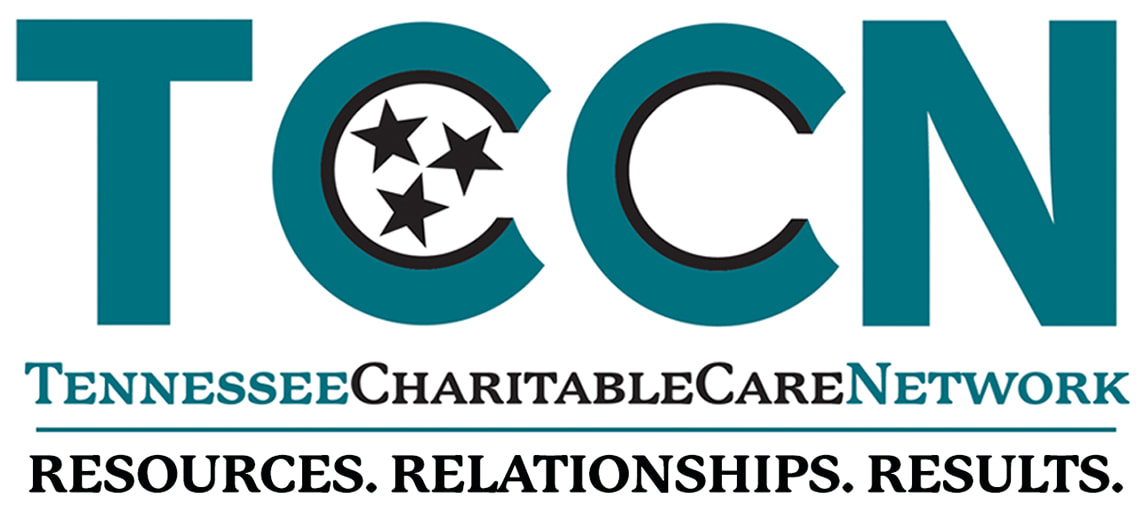Day 1
HR Primer for Free and Charitable Clinics with Annabelle Cruz-Orengo, Senior Director of Operations, TCCNWorkplace laws are evolving quickly. Employers should review their policies and procedures to ensure that they are updated as new laws take effect at the federal, state and local levels and to promote good HR practices. In this session, we will discuss the fundamental role HR policies and practices have in creating effective organizations. We will also review some key elements that should be included in HR policies and practices.
Learning Objectives: An understanding of Human Resource practices including best practices for hiring, and how to develop an effective Employee Handbook. |
Improving Patient Experience Through Empathy with April Steele, Research and Insights Manager, Epic Pivot
Empathy is the foundation of human-centered design—a method of problem-solving that centers on the experiences of real people in the process of developing solutions. Because charitable clinics and programs provide care to patients who are dealing with complex challenges, understanding patients' needs, beliefs, and experiences is critical to developing services and delivery models that work. In this session, participants will learn about patient-centered design: What it is, why it works, and how it can be applied in their own organizations. Participants will have the opportunity to practice using empathy to solve a problem, and will leave with a set of tools to improve their clinic's services, care delivery, and patient outreach practices.
|
Collaborations and Intersections: TCCN and TAADAS with Mary Linden Salter, Executive Director, TADAASMary Linden Salter highlights past collaborations between TCCN and TAADAS and discusses identifying barriers and brainstorming solutions that encourage future collaborations in three areas: 1. Advocacy, 2. Physical and behavioral health intersections and co-occurring treatment including: a) Naloxone distribution, b) MAT, c) Pain Management, d) Shared providers, and 3. Describe RX Aware and prevention education/campaigns.
|
Day 2
|
|
|
Building Community Resilience with Tarik Smith, Senior Director of Programs, TCCN, LaToya Alexander, Meharry Community Wellness Center (MCWC), and Lauren Brown, Assistant Professor of Psychiatry, Center for the Study of Social Determinants of Health, MMCThis workshop focuses on resilience and recovery. Resiliency is the belief that individuals experiencing these challenges can and do get better, and use their strengths to stay well.
|
Strength Based Approaches for Community Care with Tarik Smith, Senior Director of Programs, TCCN, LaToya Alexander, Meharry Community Wellness Center (MCWC), and Lauren Brown, Assistant Professor of Psychiatry, Center for the Study of Social Determinants of Health, MMCThis workshop focuses on Motivational Interviewing, an evidence-based approach to behavior change.
|
Introduction to Trauma-Informed Care with
|
Client-Centered Family Planning Services and Resources for Free and Charitable Clinics with Yoshie Darnall, Women’s Health Clinical Trainer, Division of Family Health and Wellness, Reproductive and Women’s Health, Tennessee Department of HealthReproductive health has been a mired in a history of injustices and inequities. Discover the true meaning of family planning and how healthcare providers and staff can engage with clients about their reproductive health in a non-judgmental and unbiased manner. Learn about PATH, a person-focused framework that fosters reproductive autonomy and aligns with reproductive justice core values. Explore barriers to family planning access and the available family planning resources and training opportunities to free and charitable clinics.
|
Representation Matters: Tools for Successful Community Engagement with Elizabeth Hart, Director, Office of Faith-Based and Community Engagement, Division of Health Disparities Elimination, Tennessee Department of Health |
De-stigmatizing STI Testing and Treatment for LGBTQA+ Communities with Dr. Brice Thomas, ART Clinical Care Manager, Music City PrEP Clinic
|
Community engagement is an effective mechanism to address health equity and reduce health disparities. Engagement combined with storytelling can lead to lifestyle changes and help facilitate healthier neighborhoods. What is just as important is who is sitting at the table having these discussions, lending their knowledge and having the opportunity to tell their stories. The Office of Faith-Based and Community Engagement in the Division of Health Disparities Elimination at the Tennessee Department of Health has strategically created a pathway for community and faith organizations to be heavily involved with the work of public health through the Tennessee Health Disparities Task Force. The group consists of nearly 1,400 individuals who represent multiple age, ethnic, racial and socioeconomic backgrounds. In this session, attendees will learn just how to engage with diverse communities, how to reduce stigma through community engagement and how to both build and sustain partnerships.
|
Sexually transmitted infections (STIs) are a significant health issue for Tennessee young adults that can result
|


